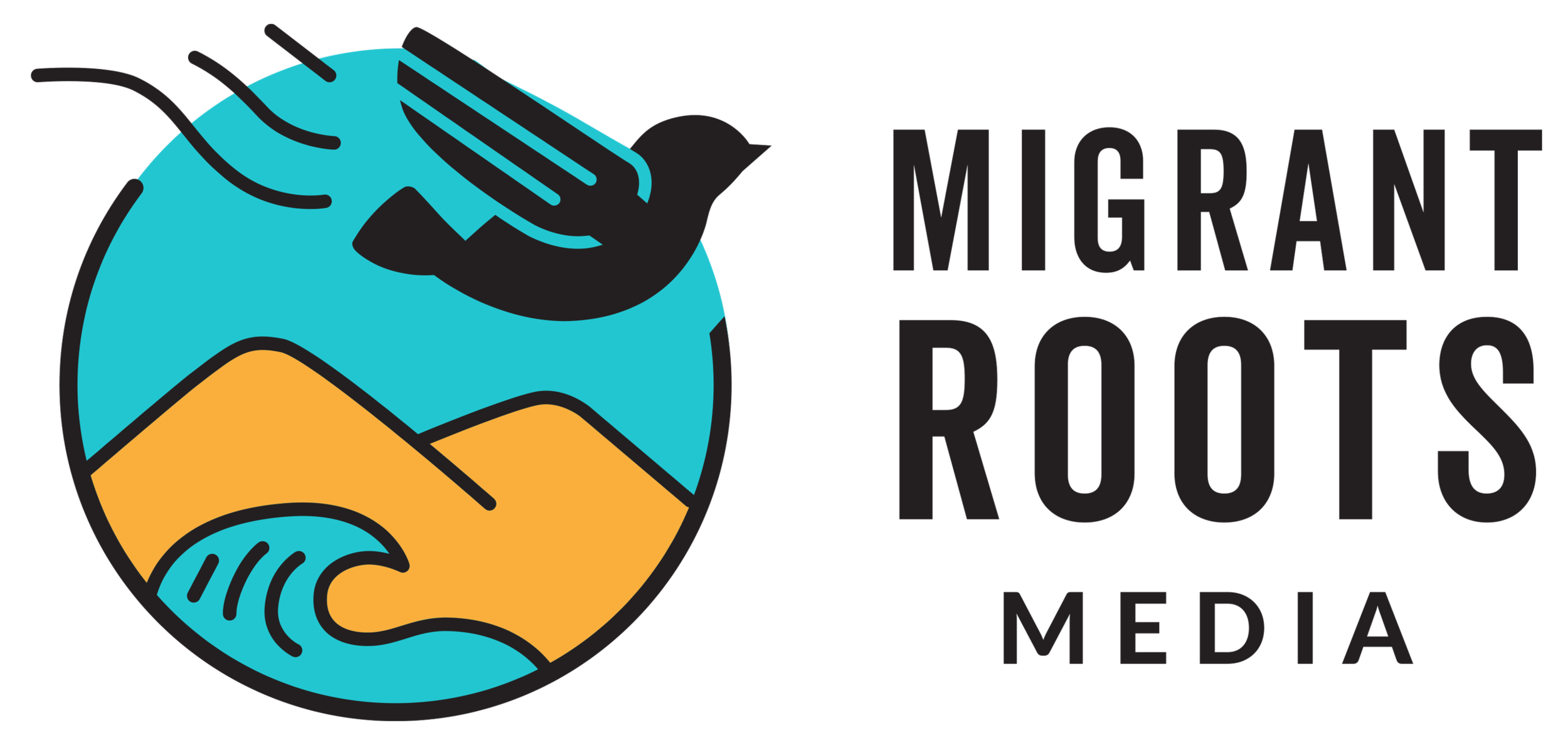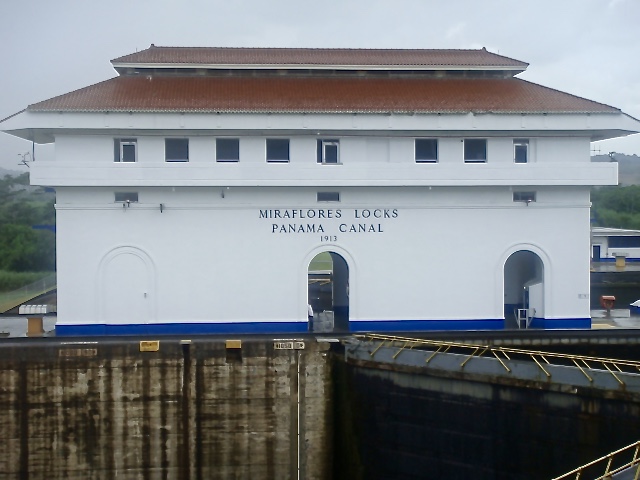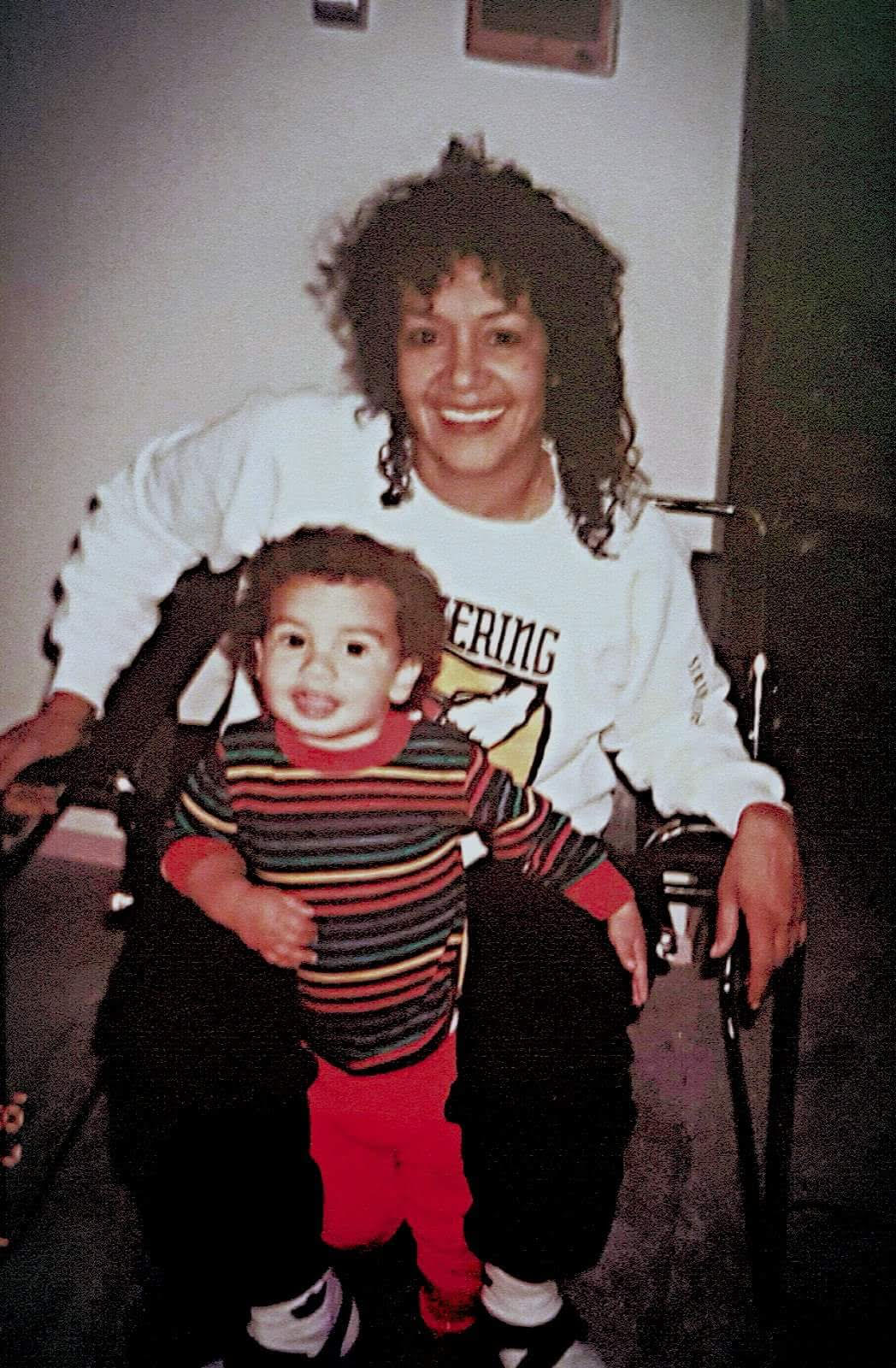1.5 Gen Testimonios: How my Migrant Identity Informs my Politics | Alejandra Mejía

My political analysis has been greatly informed by my migrant identity, as evidenced in my past writing for Migrant Roots Media (MRM). This political analysis partly developed from the fact that, at a young age, I was hyper-conscious of the significant sacrifice my mother made when coming to this country. Growing up, I couldn’t fully wrap my head around everything my mother had done for my brother and I, leaving behind her family, friends, language, and culture-- her home. The older I get and the more I grow attached to places and people, the harder it gets to imagine myself leaving everything I know behind.
Our story of migration is like that of many working-class Latin American immigrants: motivated by the search for better opportunities and, ultimately, for survival in countries where U.S. intervention and global asymmetrical power dynamics dating back to colonization have left limited options for people. Direct U.S. involvement in Panamá, where I lived from ages 3-11, can be traced back to the nineteenth century when what is now Panamá was a province of Colombia.
The US had full and partial control of the canal until 1999. // Photo: Roxana Bendezú 2009
Social anthropologist Dimitrios Theodossopoulos writes that the United States supported Panamanians in declaring their separation from Colombia, an action largely motivated by “the hope of exercising direct influence over the nascent state” and construct a Canal connecting the Atlantic and Pacific oceans, an ordeal which the French had previously failed to achieve. The United States established their presence shortly after the construction of the Canal in 1914 in the Panamá Canal Zone, an unincorporated territory where predominantly white Americans had their own schools, hospitals, courts, police, and civil government, though the Canal had been built on Panamanian soil with the labor of mostly Black people from the West Indies.
Since 1999, the canal has been managed and operated by the Panama Canal Authority. // Photo: Roxana Bendezú 2009
With the solidification of Panamanian nationalism in the mid-twentieth century, “a critical approach toward U.S. interventions in local political life became a vehicle for negotiating a Panamanian national identity.” Some Panamanians adopted a critical perspective in which the United States was seen as a neo-colonial and imperialist power which had exploited the people and resources of the younger nation. Student-led movements for Panamanian sovereignty eventually resulted in mass riots and even deaths. Although control of the Canal was ceded to Panamá in 1977, economic inequalities, local political life, systemic discrimination, and Panamanian historical consciousness are still very much shaped by a legacy of U.S. imperialism.
It is not until recently that I have started re-considering the history of my countries of origin through my own independent research with MRM. This has been both a liberating and empowering experience as I’ve started building my analysis of overlapping global systems of oppression and my own family’s experience of migration. As an immigrant, I’ve also developed a working understanding of empire and how it works to oppress people domestically.
For instance, although U.S. cultural imperialism in Latin America had successfully convinced my family that achieving our version of the American Dream would be easier, the reality of living in this country has proven otherwise. The United States was different than what my family and I could ever imagine. My mother, who earned a university degree in Honduras, has been a domestic worker since migrating because her university degree credits are not recognized in this country. More importantly, as a single mother taking care of two young children, she did not have an opportunity to stop working and take the time to validate her credits.
My mother in Tegucigalpa, Honduras, 1988.
Because of my heightened awareness about my mother’s sacrifices in coming to the United States, I put a lot of pressure on myself to strive for perfection and to do the best I could, particularly as a student. I tested out of English as a Second Language (ESL) classes within my first year of living in this country. I worked very hard in school and, in hindsight, I realize a big part of my motivation to perform well was due to the fact that I felt like I owed my mother something I could never repay other than by “being perfect.”
It was not until college when I started going to therapy, taking Latina/o Studies courses, and being in a community with other like-minded folks who shared similar experiences that I realized I carried a lot of immigrant guilt. I put a ton of pressure on myself to attain a version of the American Dream I felt my mother had given so much for both my brother and I to achieve, a sentiment echoed by other migrants and children of migrants I’ve befriended over the years.
My older brother and I in Tegucigalpa, Honduras, 1994.
These feelings of guilt have only been exacerbated by being part of a mixed-status immediate family, meaning we hold different legal statuses, since I’ve continuously witnessed how my equally talented brother who holds Deferred Action for Childhood Arrivals (DACA) has been denied access to spaces and resources. We became a mixed-status family because, in the United States, the process for naturalization as a spouse of a U.S. citizen does not protect offspring over the age of 18. This structural limitation greatly impacted the course of my brother’s experiences navigating formal academic and professional institutions, an experience particularly pronounced within the State of Georgia, infamous for its anti-DACA legislation. I’ve observed first-hand how not having a certain legal status restricts people and witnessed the emotional toll it has taken on my brother whose journey of achieving certain “markers of success,” like graduating college, has been tougher than mine.
These various personal encounters with the U.S. immigration system led me to seriously re-consider how the American Dream narrative and conceptualizations of “citizenship” are racialized, classed, gendered, and ultimately exclusionary illusions harmful to many, migrant or not. Mainstream narratives about immigrants too often fail to acknowledge U.S. complicity in creating conditions from which migrants are fleeing their countries of origin and MRM has provided a space for me to critically analyze this and understand my family’s journey of migration.
On a personal level, this work has allowed me to recognize, appreciate, and honor the lived experiences of the two strongest people I know: my brother and mother. I stand by the fact that working-class immigrants know hustle and heart like few others, and I am lucky to learn from them daily.
Alejandra Mejía is the Chief Editor of Migrant Roots Media. She is also an Assistant Editor at Duke University Press, where she acquires books in Latinx history. Her politics and devotion to migrant justice are largely informed by her lived experiences as a working-class Central American immigrant in the United States.









